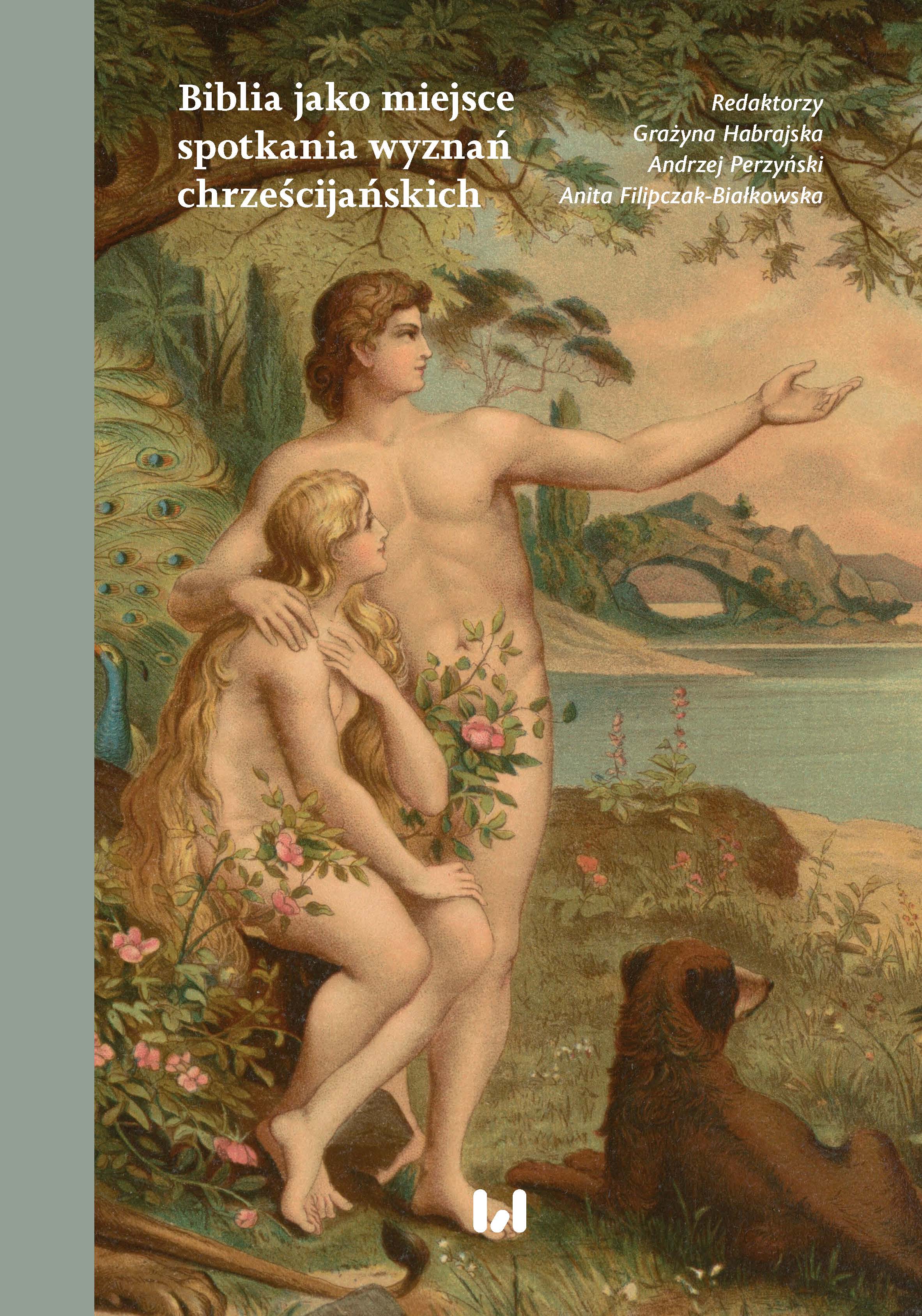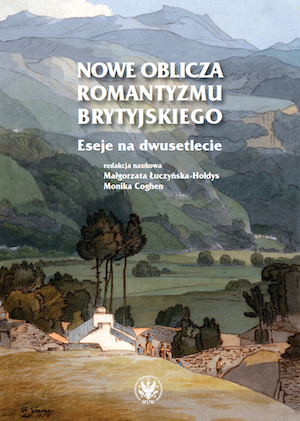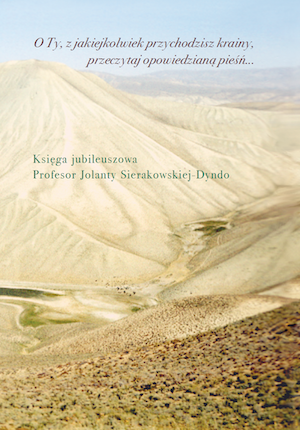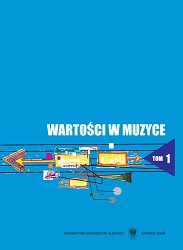
The aesthetics of educational situations
Estetyka sytuacji edukacyjnych
In the face of increasing knowledge, fewer and fewer arguments supporting teacher’s actions can be found in philosophy and epistemology, but more in the culture. The sense of modern education is creating, not giving the news, that is why there is a need of changing a role of the teacher — Leaving the method based on introducing him into certain roles and replacing it with the method promoting the attitude to culture.The teacher should learn how to create human’s educational space — As a student defending himself against the capture, the teacher should serve its development, not only the interest of different social ranks or political classes.Situated in culture, mostly because of speech, the teacher accomplishes various aesthetics, close to postmodern forms of communication between the human and the world. I understand aesthetics, as M. Bachtin thought, not only as a sphere concerned with beauty, but as a surface of thinking about the world, acceptable behavior and complex social experience. In this context aesthetics allows analyzing forms of arranging educational situations. So basically it is the answer to the need of avoiding traps, in which modern man falls, it says how to get along with them, starting from childhood (and perhaps above all). Among educational aesthetics, reflecting the educational specifics of childhood, we can mark out: Situation of being first; Situation of being second, in the background of the role, task, and person; The triad, or a situation implicating a normative postulate „Allowing this third” to act (A play, a game, special action). Music, as Aristotle said, is an example of an integrated aesthetical educational situation supporting a child in its development.
More...
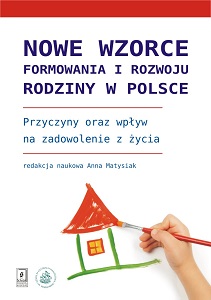
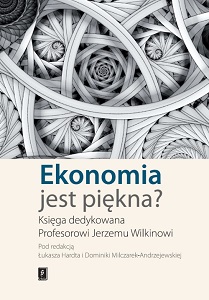
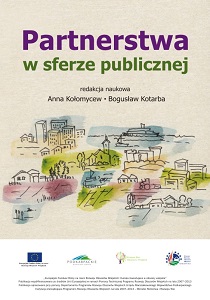
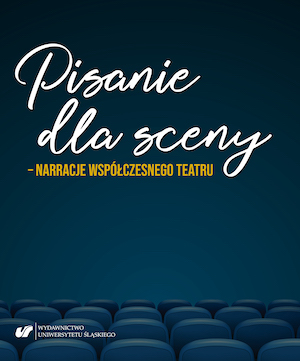
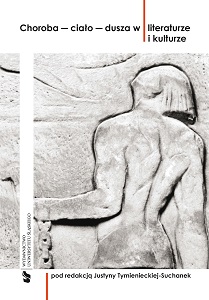
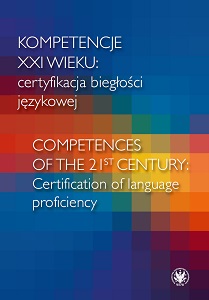
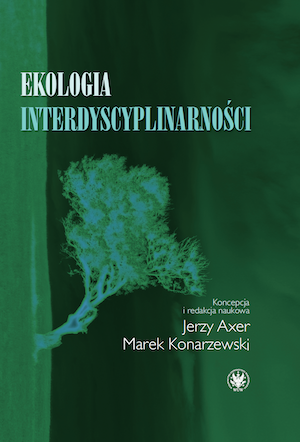
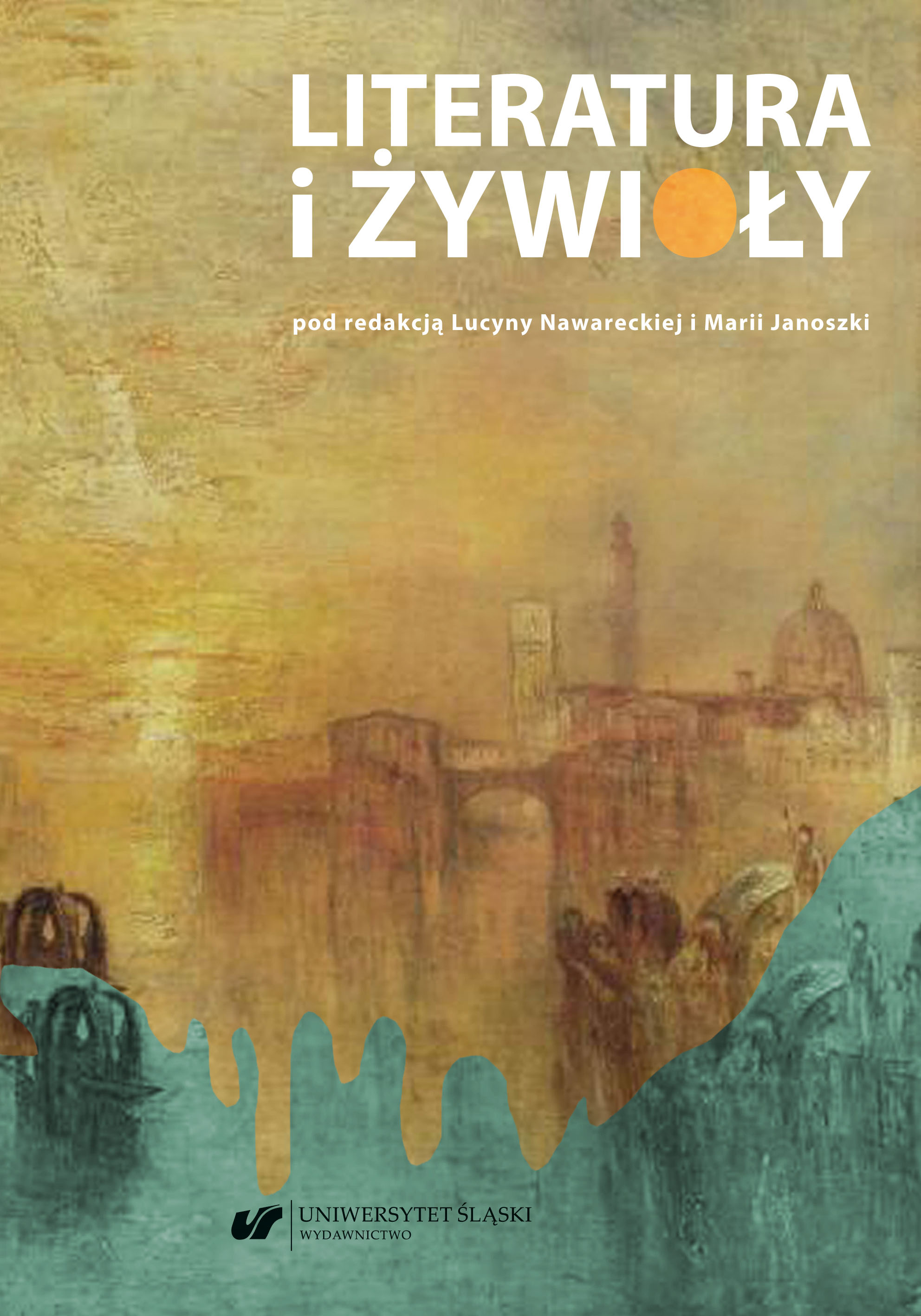
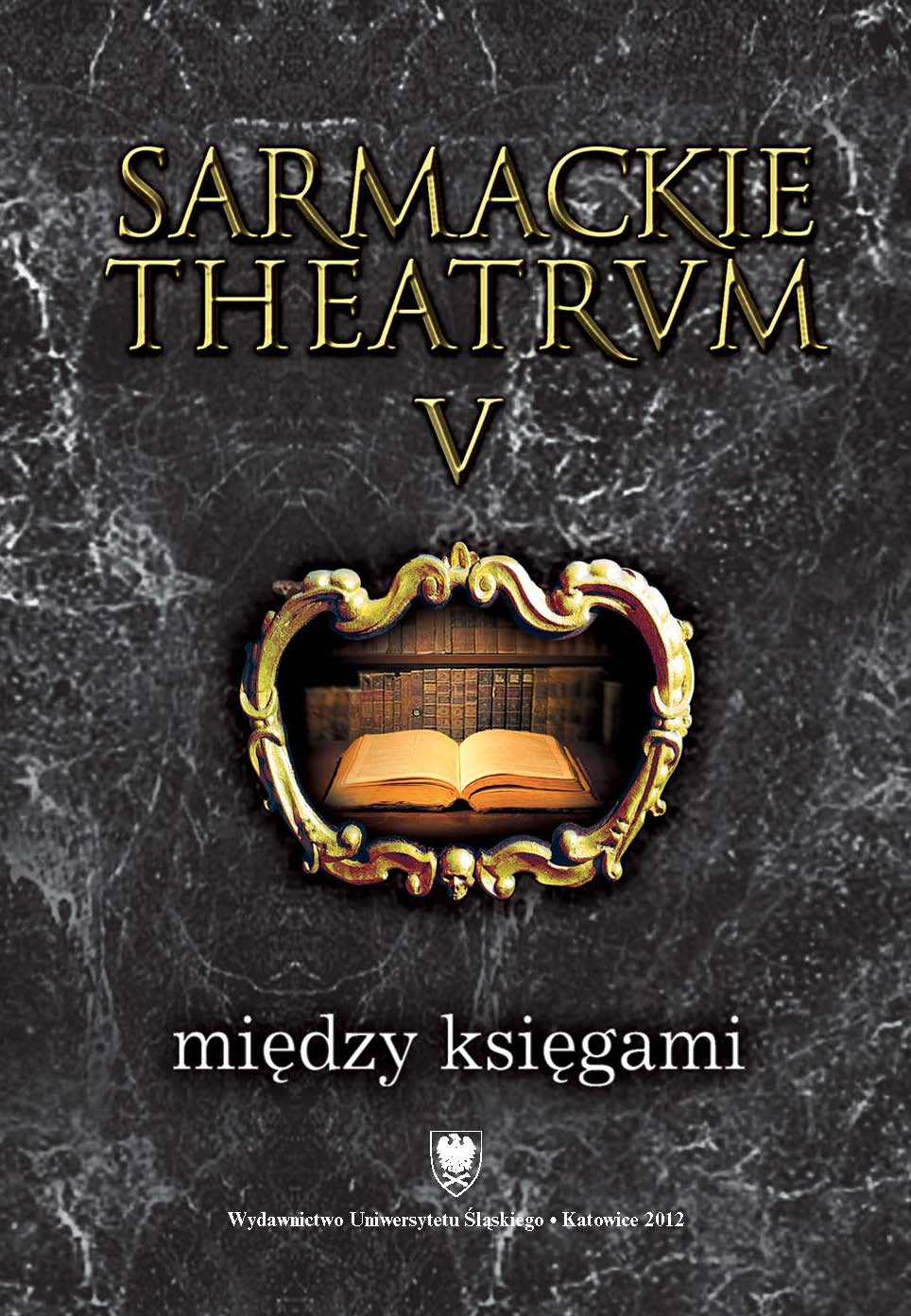
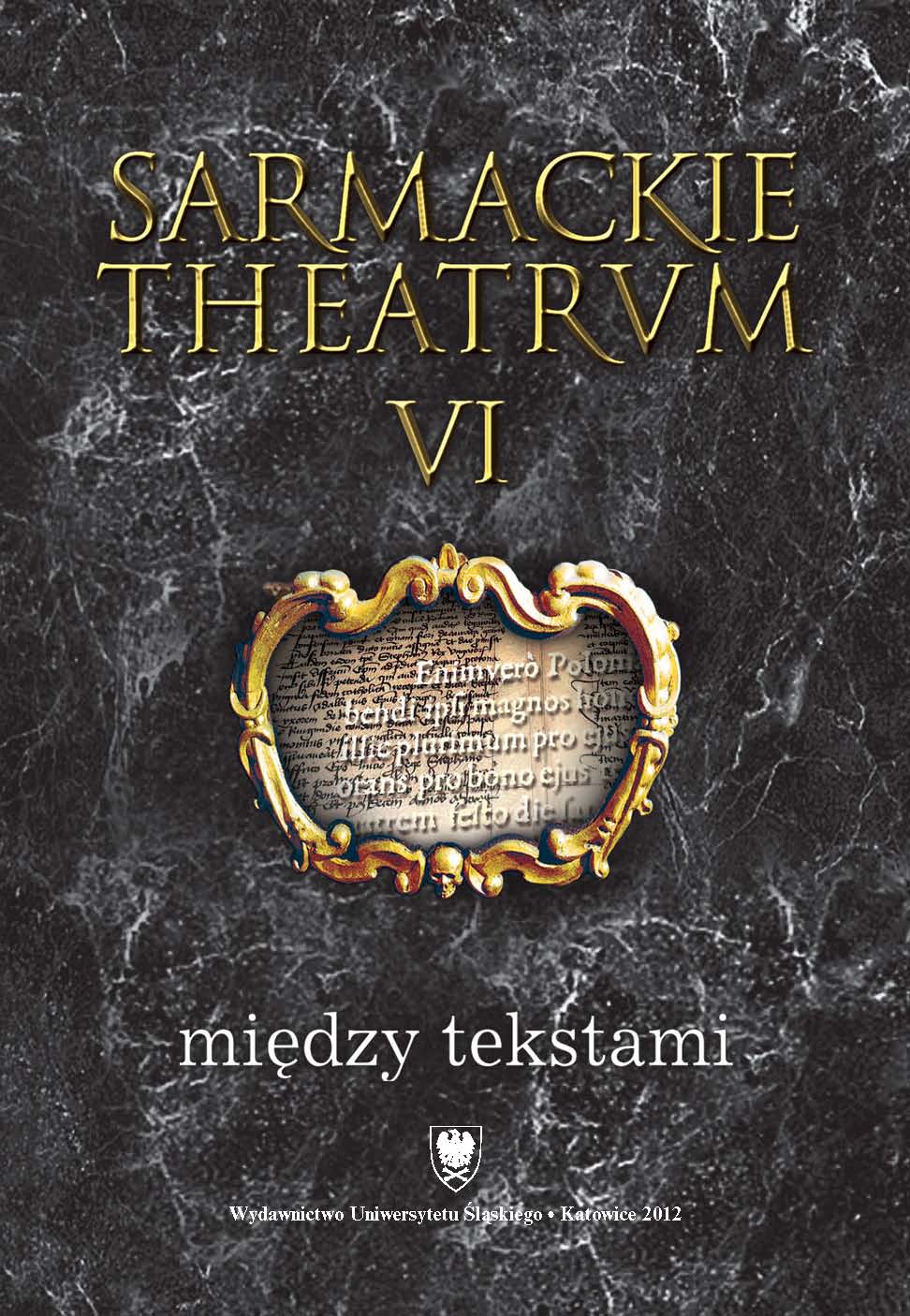
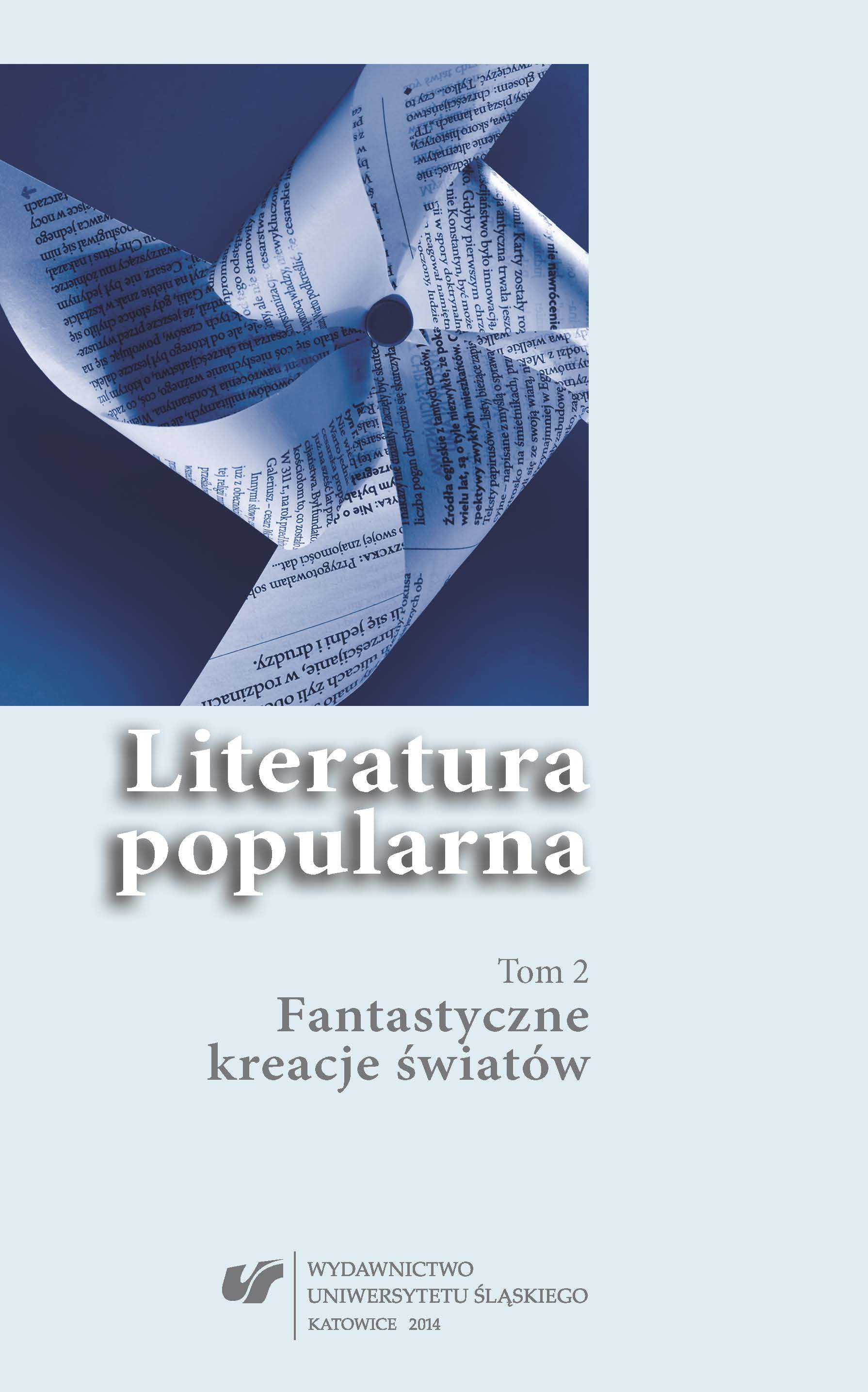
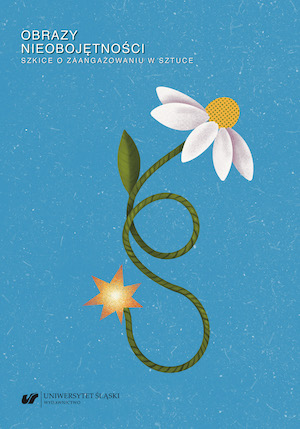
![„[…] niech mi pan odpisze” O korespondencji dzieci i młodzieży z Gustawem Morcinkiem w latach 1946–1963](/api/image/getbookcoverimage?id=document_cover-page-image_1055369.jpg)

